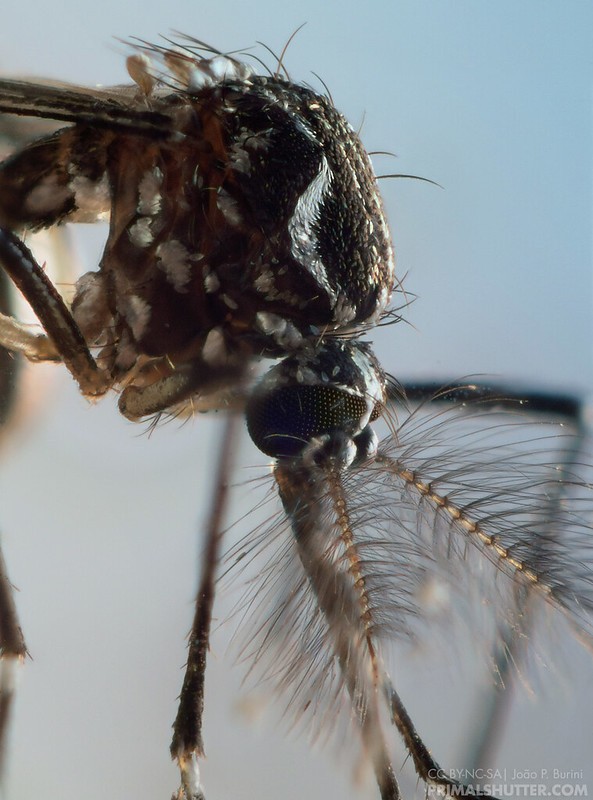
Alarming news shook the medical sciences this week as Spanish doctors recorded the first-ever case of sexually transmitted dengue fever.
Dengue is a fast-spreading disease most common in depressed areas and poor communities in tropical and subtropical countries. The female Aedes aegypti mosquito mostly transmits its virus.
A FIRST IN THE WORLD
According to the Spanish health authorities, a patient is a 41-year-old man from Madrid who got the dengue virus after having sexual relations with his partner, who unknowingly contracted with the virus when he went on a trip to Cuba.
Susana Jimenez of the Madrid public health department explains that the doctors concluded that the dengue fever was sexually transmitted because the patient did not travel to any tropical country where the virus is rampant. In an interview with the Telegraph, Jimenez explains, "His partner presented the same symptoms as him but lighter around ten days earlier, and he had previously visited Cuba and the Dominican Republic. An analysis of their sperm was carried out, and it revealed that not only did they have dengue but that it was the same virus that circulates in Cuba."
Jimenez also explained that sexually transmitted dengue is not entirely an impossible thing. There has been a study in South Korea which reports of sexually transmitted dengue infection; however, the transmission occurred between a man a woman. Through an e-mail sent to AFP, the European Centre for Disease Prevention and Control confirmed that this case in Madrid, in their knowledge, is the first dengue virus to be transmitted through a same-sex relationship.
THE SILENT KILLER
The dengue virus is categorized under Flaviviridae, the same family of viruses that cause Hepatitis. Dengue comes with high fever, severe headaches, and vomiting. In extreme cases, dengue can cause fatality to the patient—this is known as dengue hemorrhagic fever. The dengue hemorrhagic fever was first recognized in the 50s in Southeast Asia, specifically Thailand and the Philippines.
There is no specific cure for dengue—that is why medical experts always opt for the prevention of the disease. A vaccine was recently developed for dengue called Dengvaxia. However, this is only effective to those who already survived dengue. It is difficult for scientists to develop an exact cure for dengue due to its four strains.
Despite looking harmless, dengue is anything but a disease that can be easily shrugged off. Earlier this year, researchers announced that dengue will spread across the globe within the next 60 years and shall threaten 60% of the human population by 2080.
© 2026 ScienceTimes.com All rights reserved. Do not reproduce without permission. The window to the world of Science Times.










